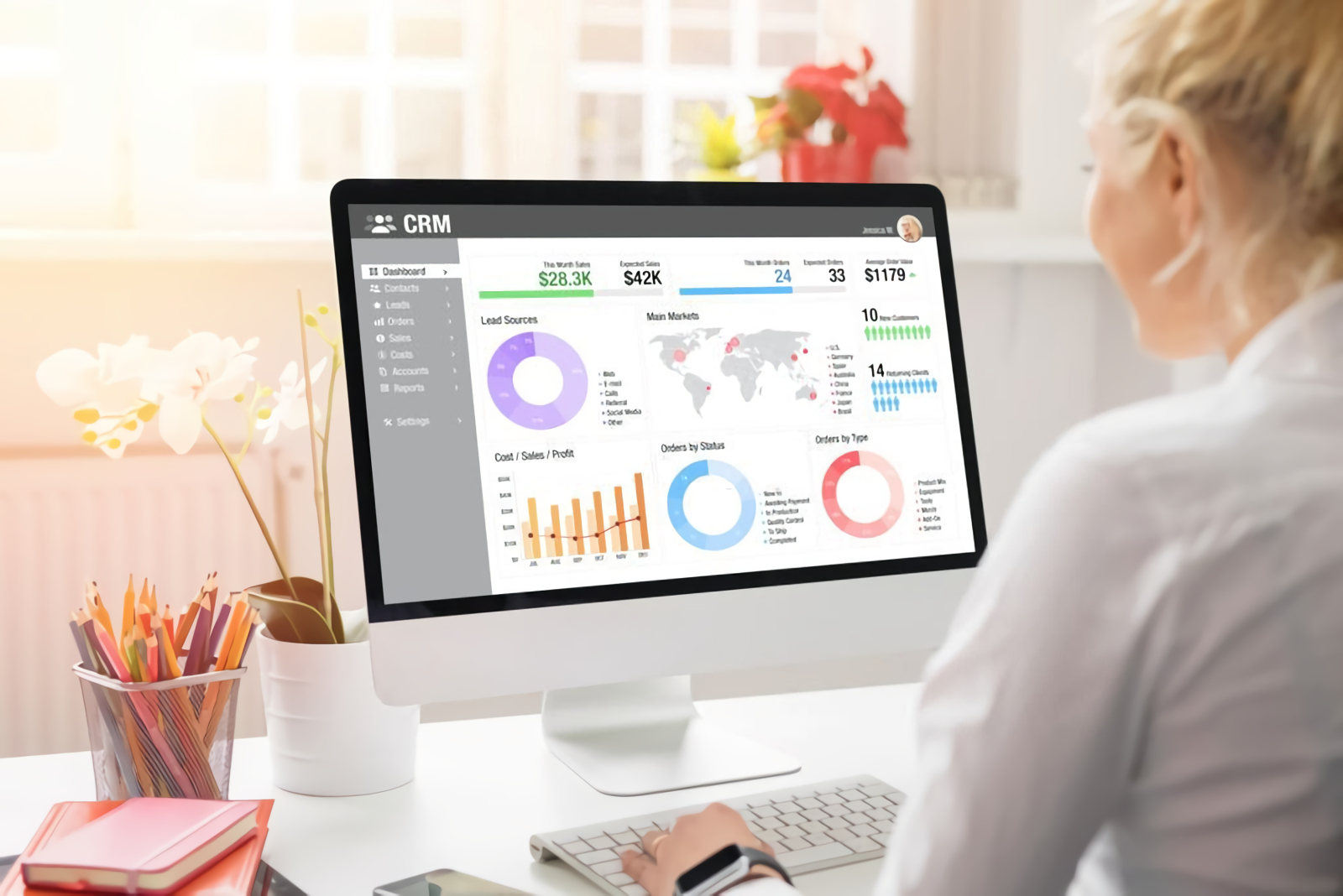Customer relationship management software is now a standard in most companies, though you’ll find numerous frameworks available for different business situations. The trend now in Consumer Packaged Goods is using more vertical CRM systems to accomplish specific tasks to connect with customers. Since all businesses have their unique stance on this subject, you might want to audit you company to see what kind of CRM is best for you.
The most typical type of CRM in use is the horizontal CRM platform. Despite these being thorough, they don’t always offer sideline data information for unique industries. For instance, those in Consumer Goods and Financial Services may prefer a CRM that tracks additional data sets outside of what their customers or clients do.
This is one reason vertical CRM’s continue to grow in popularity.
Creating Agile, SaaS Offerings
One great thing about vertical CRM’s is many of them are useful for unique industries. As such, they’ve become more agile programs allowing you to configure the out of box delivered functionality (OOB) and customize along the way. They’re also designed with a software-as-a-service format for rapid deployment, online upgrades and easier use on mobile devices.
Considering many industries involve being on the move, having a vertical CRM system for any mobile device opens new doors to features and ways to connect with customers, distributors and consumers.
So, what’s the real difference between a horizontal CRM system and one that’s vertical? In the latter case, you can find a variation through a lightweight system helping to better consolidate data. These also provide easier ways to engage with consumers, for integrated Omnichannel methods.


Comparing the Type of CRM System You Need
When you use a horizontal CRM platform, you’re getting comprehensive capabilities across most industries. What makes these have limitations nowadays is any customizing you do requirements upfront investment in customizations and ongoing maintenance costs. On top of it, those customized features are often difficult to manage once they’re in place.
Over-customization can hinder how you manage your company as well. It may add extraneous features, making the user experience more confusing to your employees.
Now you see why vertical CRM’s are so much more popular because of how they’re customized when built. Options like deeply vertical CRM’s and lightweight vertical systems offer distinct features from the horizontal standard.
Deeply vertical CRM’s give you more support for specific industry processes. Most of all, these do a better job in keeping you compliant with industry standards and regulations. Having this available keeps you current with new technologies and business needed.
Lightweight vertical CRM’s are sometimes better options if you want to support multiple operations and global implementations. They offer UI templates, data model extensions, and labels for easier use. At the same time, some of the leading Cloud solutions offered by leading Independent Software Vendors in the vertical space are built over some of the most popular CRM platforms from names like Salesforce.
Shopping Smartly for a Vertical CRM
Those of you looking to switch to a vertical CRM should ask several questions to your vendor before committing. The depth level of deep vertical systems need particular attention to see how much it offers in process flows for your industry.
Look how far the vertical CRM reaches into your industry and how successful others in your field have become using this system. Don’t be afraid to ask others who work in your industry how they’ve fared with a vertical CRM program. You can learn a lot about whether it’s right for you, and what your competitors are doing.
It also pays to ask potential vendors about their partners to prove the clout of their features. Their domain expertise matters equally to assure you’re getting top-tier thought leadership with enterprise and mobile software solutions that connect to the best CRM solution.